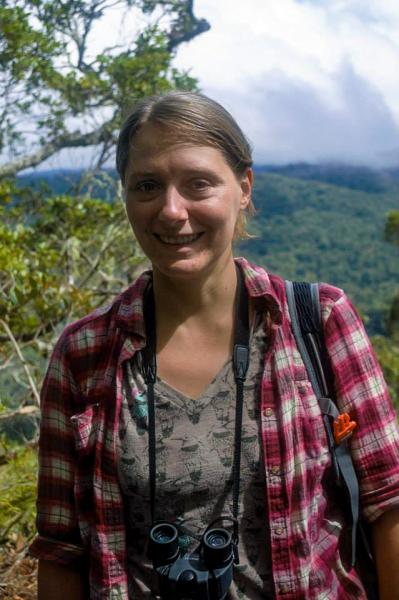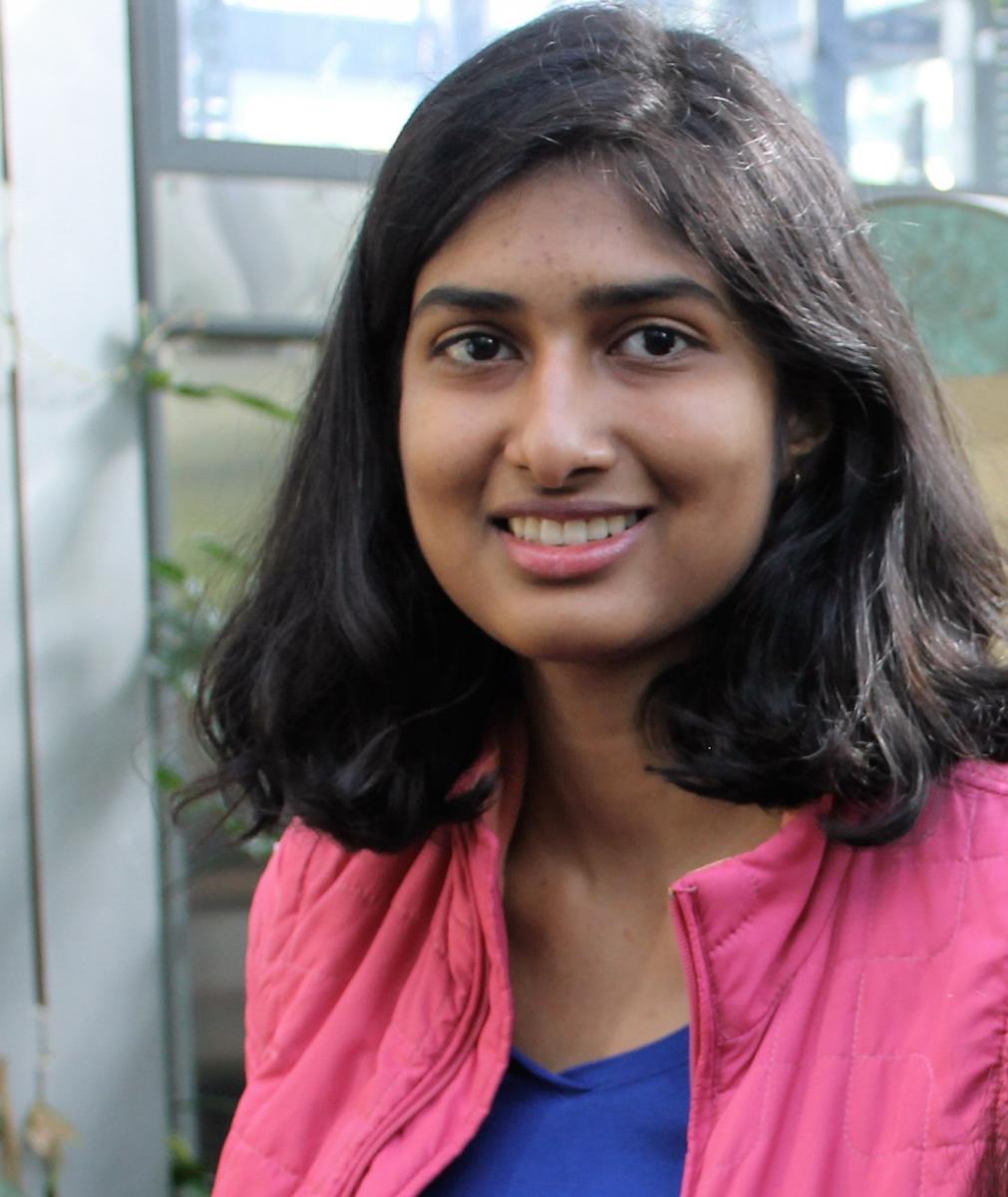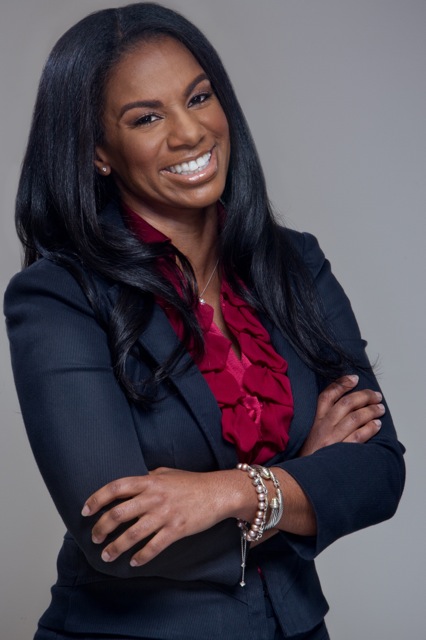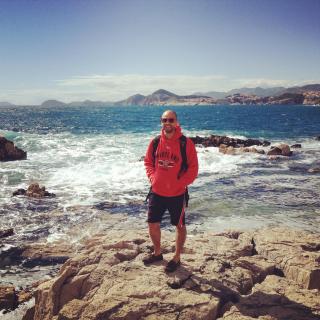BSOS 2016 Fulbright Recipients
 Diana Parker, Ph.D. Student in the Department of Geographical Sciences
Diana Parker, Ph.D. Student in the Department of Geographical Sciences
Palm oil plays an essential role in Indonesia’s economic development due to its use as a major food source around the world, but how sustainable is its manufacture given its link to deforestation? This is something that Diana Parker seeks to address in her Fulbright research, titled “Palm Oil Governance in Indonesia: Understanding Sustainable Development Strategies.” Affiliated with Dr. Eko Priyo Purnomo of the Universitas Muhammadiyah Yogykarta, Parker hopes to bring sustainable alternatives to Indonesia and eventually the rest of the world, specifically those areas with tropical forests. Parker plans to complete her dissertation upon her return to the United States and from there become either a professor and policy analyst in such suffering regions.
Priya Kareddy, Senior Biological Sciences and Government and Politics Double Major
Someday, soon-to-be graduate Priya Kareddy, hopes to pursue a joint M.D.-Ph.D. degree to study the intersection of healthcare and democratic ethics in diverse societies, but first, Kareddy will be traveling to India’s Andhra Pradesh and Telangana to study efforts to decentralize rural public healthcare. In 2005, the National Rural Health Mission was launched to bring accessible and affordable medical services to areas with vulnerable groups. Kareddy will specifically look at citizen participation and accountability to see if India has made progress in reducing rural health inequities, all the while volunteering her spare time to help Hyderabad patients with leprosy. A Banneker/Key Scholar and a member of the university’s Honors College, Biology Honors Program and Omicron Delta Kappa, Kareddy will now get to see her academic interests in action while abroad, combining political theory, medicine and healthcare into one immersive experience.
 Dr. Kris Marsh, Associate Professor in the Department of Sociology
Dr. Kris Marsh, Associate Professor in the Department of Sociology
Dr. Kris Marsh, who received her Fulbright award in January, is fascinated not only by the rise and role of the middle class in the United States, but more specifically by the disparities between white and blacks within this class over the course of time. Her project, titled “Cross-National Comparative Perspective of the Black Middle Class in United States and South Africa,” prompts her to travel to South Africa, an area in which black is the majority and white is the minority. Her project encompasses five specific aims: to compare the socio-economic histories of the middle classes in the United States and South Africa, to analyze the current socio-economic similarities and differences of the black middle classes in the United States and South Africa and then go on to define what that black middle class means. Marsh will also identify ways that the middle class status is conceptualized by blacks in both areas, compare levels of racial residential segregation of the black middle classes in the two countries, and finally examine the neighborhood preferences and decision-making processes of the black middle class in both areas to see how race/class influence their house hunting decisions.
Sean Turner, Graduate Student in the Department of Geographical Sciences
Sean Turner, a BSOS alumnus who studied geographical sciences and government and politics during his undergraduate years, is now taking his area of interest to the next level, using his Fulbright award to travel to Croatia from 2016-2017. In Croatia, Turner will research island policy formation in the Croatian archipelago, where demographic and economic conditions have significantly declined over the last 100 years. Working with Dr. Nenad Starc of the Institute of Economics and Dr. Ivo Nejasmic of the University of Zagreb, Turner will specifically look at how this population has evolved since the Croatia’s independence in 1992. Upon completion of his “Developmental Gap Analysis of the Croatian Archipelago” project, Turner plans to pursue his Ph.D. in European Studies with a focus on socio-economic development issues in post-communist states, which he will apply in his potential work with the Department of State or think-tanks like the Carnegie Endowment for International Peace.
Published on Fri, Apr 22, 2016 - 12:44PM



